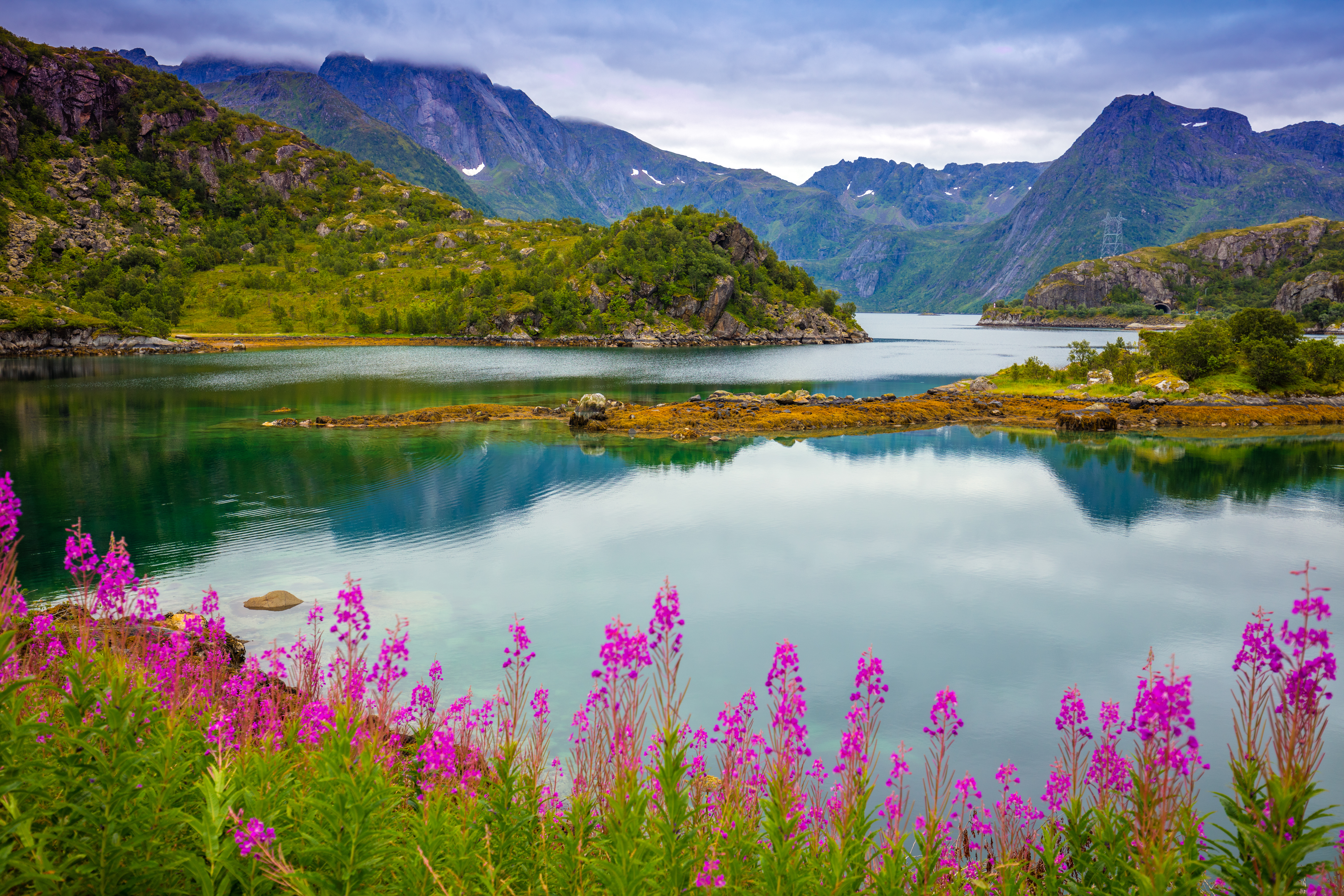Vestkorn | Norway

How a Norwegian producer of natural protein, fibre and starches builds respect for the natural environment into everything it does.
Natural responsibility
As individuals, organisations and governments, we are all obliged through environmental laws to protect the natural environment. Our aim is to conserve natural resources, protect the natural environment and where possible, repair damage and reverse trends.
Norway takes protecting the environment and tackling climate change seriously and was one of the countries participating in the United Nations Kyoto protocol and the Paris agreement, to protect the environment and fight climate change.
Vestkorn, a Norwegian producer of natural protein, fibre and starch concentrates from the dry processing of pulses, shares that commitment. Drawing on a high level of environmental awareness, its factory is designed and run in a way that respects the natural environment.
Robust sustainability policies
How does it do that? Vestkorn is committed to sustainable policies addressing the key themes of energy supply, agriculture, waste management, transport and air quality.
Energy supply
The company has one production site in Norway, located next to a stream running directly into the sea. Through the use of a water turbine, this stream provides sustainable energy to the plant.
Agricultural policy
The core raw materials processed are pulses, nitrogen fixing plants that protect the fields from erosion and naturally fertilise the soil with nitrogen.
Waste management
The company’s philosophy is not to create waste. Peas are processed into protein, starch and fibre, using physical and mechanical processes. No chemicals are used. Materials like paper, metal, glass and wood are all recycled.
Transport
Pulses are supplied by ship, reducing road traffic and pollution per ton of raw material transported. The vessels used for transporting the pulses run on fuel with low sulphur content. Finished products are transported by train where possible.
Dust
The production of powders naturally creates dust, although this is reduced by compressing the powder into pellets. Filtration systems prevent the dust entering the environment and dust from factory equipment is recovered by filters and recycled.
This brief overview summarises how Vestkorn puts sustainability into action. To learn more, please contact CEO Aslak Lie.